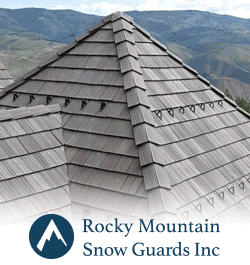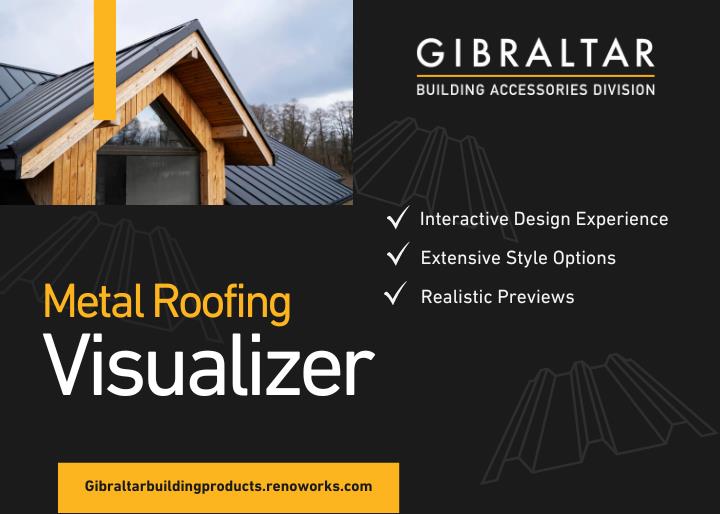Share this Article with Your Customers So They Recognize the Signs that It’s Time for a New Roof

By StealthBond®.
Many homeowners are waiting for signs of leaking inside their home or attic, but there are other indications that their roof needs replacing.
There are a few signs that you need a new roof. Waiting until there is water visible inside the house could lead to structural problems. Not all leaks appear quickly. A slow leak might require more than just a new roof. Instead of waiting for the inevitable water damage, look for these common signs that you need a new roof.
Warning Signs Your House Needs a New Roof
Curling or Buckling of Roofing Materials
Distortion of any kind to the roofing panels is a tell-tale sign that you need to invest in a new roof. There are a variety of things you might see depending on the type of system in place. Asphalt roofing shingles will often curl or buckle. Clay can crack. Metal, although weather resistant, might bubble if the installation wasn't completed appropriately. These different issues aren't indicative of any one particular problem. They can happen as a result of water damage, moisture trapped in between panels, or from repeat exposure to extreme heat. Regardless of how it happened, you'll need to get in touch with your roofing contractor to decipher the damage.
Roof Valleys are Damaged
The roof valleys are part of the irrigation system. They provide a trajectory for water to flow away from the roof and into the gutters. Look for signs of loose roofing materials or cracks. Roof valleys are guaranteed to host a lot of water. Anything missing in this area will lead to leakage problems down the line.
Flashing is Beginning to Wear Down
Any area on the roof that has flashing needs to be carefully observed. Vents, skylights, and chimneys need protection from wind and water damage. Check these areas frequently. It's possible if there is damage to the flashing only to replace these areas rather than install a new roof. If your flashings are currently made from cement or tar, invest in an upgrade to metal which will last you much longer.
Debris in Gutters
Not all debris is created equal in this scenario. Leaves, branches, and dirt are common. What you want to look for are signs of your roofing material making its way into your gutter system. Seeing granules from your clay tiles or rubble from asphalt shingles mean they are at the end of their life cycle. Another sign of weathering is dark and light patches on the roof where the material is wearing off.
Dipping or Drooping in Roofing Panels
Roofs that have a drooping effect are suffering from major structural issues. Dipping in this manner means there is moisture trapped under the surface. Moisture in this capacity usually will lead to the development of rot. The rot is what causes the dipping, sagging, or drooping effect. The most common area where this is found in the lower points of the roof and the valleys.
You've Had Your Roof for Over 20 Years
Most roofing systems last around 20 to 25 years. If your current system was installed on top of the previous system, there is a chance proper ventilation wasn't applied which will shorten your roof's lifespan. For a roof that is older than two decades, chances are you'll need a new roofing system.
Installing a New Roofing System
When it's time to install a new roofing system, you'll want to consider investing in a material that will provide your home with durability and longevity. A superior choice is metal. Metal comes with a variety of benefits such as:
- Long lifespan
- Energy efficiency
- Fire protection
- Lightweight
- Heat resistant
- Eco-friendly
- Customizable
The installation of a metal roofing system can withstand the arduous weather common in Florida. High-winds and heavy rain are repelled easily with the right application. For exceptional stability, you'll want to invest in a system that provides your home with the protection you need. The StealthBond® Installation System is an adhesive metal roofing system that uses adhesive instead of traditional screw fasteners.
StealthBond® is an advanced metal roofing system that uses structural adhesive technology for metal roofing installations. The patented StealthBond® System is made up of 3 components: the StealthConnector®, StealthBond® Adhesive and StealthBond® Metal Roofing Panels. The result is a high performing roofing system that will last for decades.
Learn how you can become a StealthBond® dealer and offer this solution to your customers.
Source: StealthBond®






















Comments
Leave a Reply
Have an account? Login to leave a comment!
Sign In